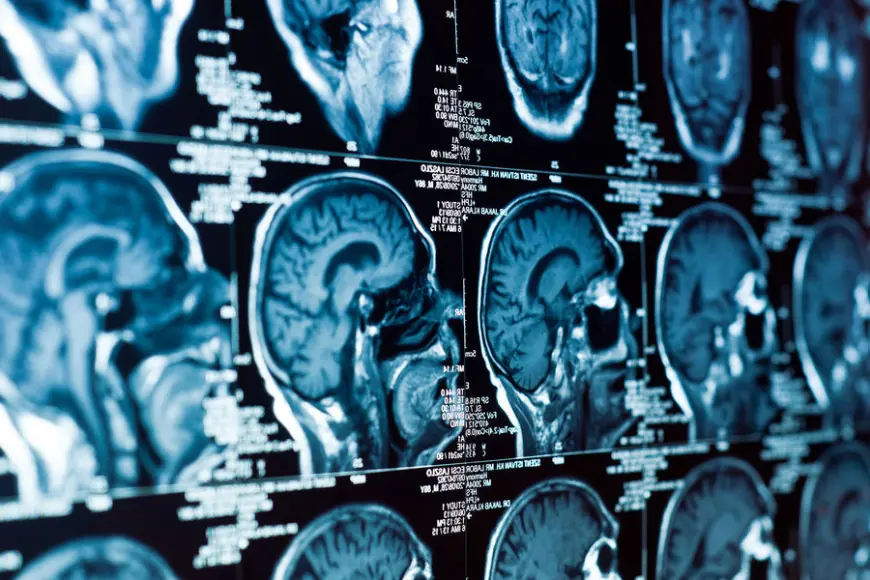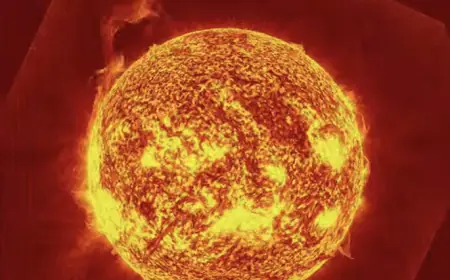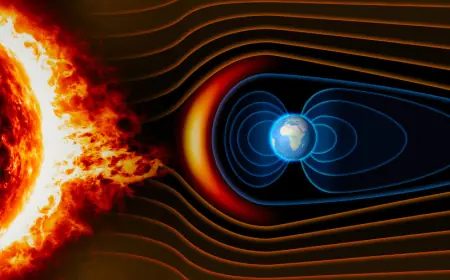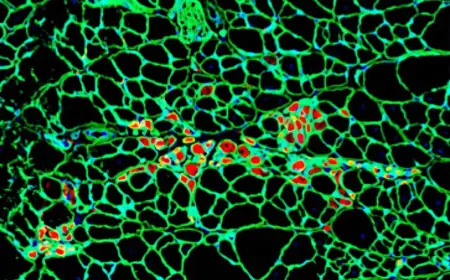Scientists Explain Why the Brain “Slows Down” After a Sleepless Night

According to a study published in Nature Neuroscience (NatNeuro), lack of sleep can lead to short-term attention lapses and memory issues because it affects the movement of cerebrospinal fluid (CSF). This conclusion was reached by researchers at the Massachusetts Institute of Technology (MIT).
The study involved 26 volunteers, who were tested twice: once after a sleepless night and once after a full night of rest.
During the experiment, participants performed attention tasks while undergoing functional MRI (fMRI) and EEG monitoring. Heart rate, breathing, and pupil responses were also recorded.
As expected, participants who had not slept the night before made more errors and responded more slowly to signals. Researchers found that moments of lost concentration corresponded to a shift of cerebrospinal fluid away from the brain. Normally, this process occurs during sleep and helps clear metabolic waste from the brain.
Lora Lewis, Associate Professor at MIT, explained:
“With sleep deprivation, cerebrospinal fluid begins to move while awake, which causes short-term lapses in concentration.”
Researchers believe this is a compensatory mechanism: the brain tries to partially restore the cleaning processes typical of sleep, but at the cost of reduced concentration.
“You could say the brain is so in need of rest that it forcibly switches into a sleep-like state.”



























